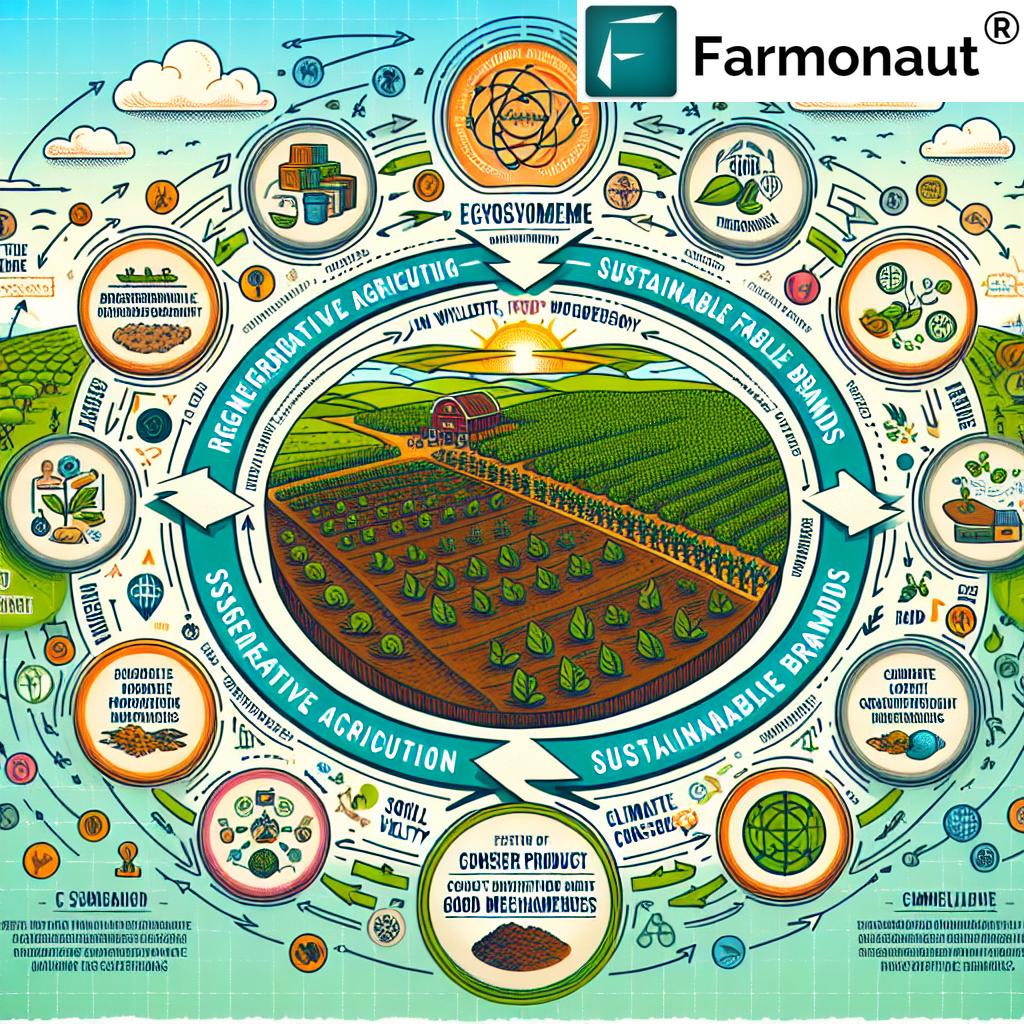Breakthrough: US Unleashes $1.7M Lifeline for Ghana’s Drought-Stricken Farmers
In a significant move to bolster Ghana’s agricultural sector, the United States has announced a $1.7 million drought relief package, offering hope to thousands of farmers grappling with severe drought conditions in Northern Ghana.

US Drought Relief Ghana: A Timely Intervention
The US Embassy in Accra has stepped forward with a crucial US drought relief Ghana package, addressing the pressing needs of farmers in the Northern Region and middle belt. This aid comes at a critical juncture, as the Ghana agriculture drought impact has reached alarming levels, affecting over 980,000 farmers across eight regions.
The severity of the situation cannot be overstated. The prolonged drought has devastated crucial crops, including maize, rice, and millet, threatening food security and livelihoods. In response, the US-Ghana partnership has mobilized resources through the Livelihood Empowerment Against Poverty (LEAP) program to provide immediate relief and long-term support.
LEAP Program: A Beacon of Hope
The LEAP program drought support is set to play a pivotal role in mitigating the effects of this agricultural crisis. Here’s how the program aims to make a difference:
- Direct financial assistance to affected farmers
- Provision of drought-resistant seeds for future planting seasons
- Training in water conservation and drought-resistant farming techniques
- Support for diversification of crops to enhance resilience
This comprehensive approach underscores the commitment to not just immediate relief but also long-term sustainability in Ghana’s agricultural sector.
Northern Ghana Drought Aid: Addressing Regional Challenges
The Northern Ghana drought aid is particularly crucial given the region’s vulnerability to climate fluctuations. The Northern Region, known for its significant contribution to Ghana’s food basket, has been hit hardest by the drought. Farmers in this area, who primarily rely on rain-fed agriculture, have seen their Northern Region farmland drought-affected and yields plummet.
To combat these challenges, the US Embassy Accra drought assistance program is implementing targeted interventions:
- Rehabilitation of water sources and irrigation systems
- Introduction of climate-smart agricultural practices
- Establishment of community seed banks for resilient crop varieties
- Support for alternative livelihoods to reduce dependence on rain-fed agriculture
These measures aim to not only provide immediate relief but also build long-term resilience in the face of recurring drought conditions.

Ghana Food Security Measures: A National Priority
The drought’s impact extends beyond individual farmers, threatening national food security. In response, the Ghanaian government, in collaboration with international partners, is implementing comprehensive Ghana food security measures. These include:
- Strategic grain reserves management
- Price stabilization policies for essential food items
- Support for local food processing to reduce post-harvest losses
- Expansion of social safety net programs for vulnerable populations
These measures are critical in ensuring that the drought’s impact on food availability and affordability is minimized across the country.
Ghana Maize Production Decline: A Case Study in Drought Impact
The Ghana maize production decrease serves as a stark illustration of the drought’s impact on agriculture. Projections indicate a potential 36% decline in maize production for the 2024/2025 season, a figure that underscores the severity of the situation. Maize, being a staple crop in Ghana, plays a crucial role in both food security and the economy.
To address this Ghana maize production decline, the US-Ghana agricultural cooperation is focusing on:
- Introduction of drought-tolerant maize varieties
- Improved soil management practices to retain moisture
- Enhanced pest and disease control measures
- Support for small-scale irrigation projects in maize-growing areas
These targeted interventions aim to stabilize maize production and ensure food security in the face of challenging climatic conditions.
Drought Mitigation Ghana: Long-term Strategies
While immediate relief is crucial, long-term drought mitigation Ghana strategies are equally important. The Chamber for Agribusiness Ghana has emphasized the need for proactive measures and sustainable agricultural policies. Some key long-term strategies include:
- Investment in climate-resilient agricultural research and development
- Expansion of irrigation infrastructure across drought-prone regions
- Promotion of agroforestry and conservation agriculture practices
- Strengthening of early warning systems for drought prediction
These strategies aim to build a more resilient agricultural sector capable of withstanding future climatic challenges.
US-Ghana Agricultural Cooperation: A Model for International Support
The US-Ghana agricultural cooperation exemplified by this drought relief package serves as a model for international support in addressing climate-related challenges. This partnership goes beyond financial aid, encompassing:
- Technology transfer for improved agricultural practices
- Capacity building for local agricultural institutions
- Joint research initiatives on climate-resilient agriculture
- Policy support for sustainable agricultural development
Such comprehensive cooperation is crucial in building long-term resilience in Ghana’s agricultural sector.
Conclusion: A Path Forward
The $1.7 million US drought relief for Ghana represents more than just financial aid; it’s a lifeline for thousands of farmers and a crucial step towards ensuring food security in the face of climate challenges. As Ghana grapples with the impacts of drought, this international support underscores the importance of global cooperation in addressing climate-related agricultural crises.
The road ahead for Ghana’s agricultural sector is challenging, but with continued support, innovative strategies, and resilient farming communities, there is hope for a sustainable and food-secure future.
For farmers and agricultural professionals looking to leverage technology in drought mitigation and crop management, Farmonaut offers innovative solutions:
Access Farmonaut’s comprehensive satellite and weather API for advanced agricultural insights:
For detailed information on using Farmonaut’s API, visit our developer documentation:
Download the Farmonaut app for on-the-go agricultural management:
As Ghana moves forward in its fight against drought and its impact on agriculture, these technological tools and international cooperation will be key in building a more resilient and productive farming sector.
















